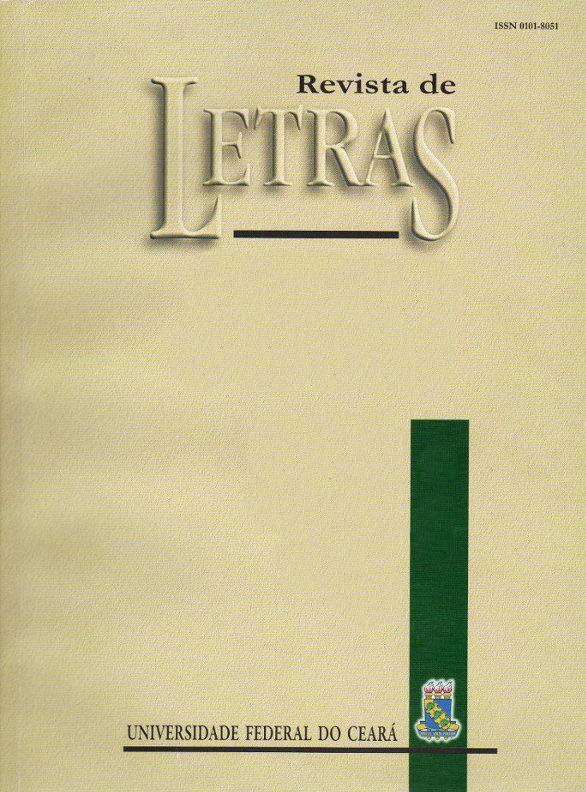AFROFUTURISMO EM O CÉU ENTRE MUNDOS (2021): UMA JORNADA DE EMPODERAMENTO E IMAGINAÇÃO
Keywords:
afrofuturismo, ancestralidade, literatura negraAbstract
This article aims to study Sandra Menezes' book, O céu entre mundos (2021), as a key element to discuss pertinent issues related to Afrofuturism. Drawing insights from authors like Mark Dery (2020), Ytasha Womack (2013), and Raissa Silva (2022), the research sought to understand how the concepts surrounding Afrofuturism contribute to empowering black communities. Sandra Menezes' novel is rich in crucial elements that shed light on this aesthetic movement, such as the appreciation of ancestry and Afrocentricity, allowing for a redefinition of black identities. Dated in the year 2773, the plot of O céu entre mundos (2021) unfolds in a futuristic setting. Initially set on the exoplanet named Wangari, the story follows the protagonist Karima, who finds herself compelled to flee from a kidnapping. In order to escape, she is abruptly transported to Earth, thus triggering a series of events that will shape the course of her journey. Imagining a future where the black population takes center stage in their own history is possible, and Sandra Menezes paves the way for this community, which has endured historical attempts at erasure, to indeed reach for the stars.
Downloads
Downloads
Published
How to Cite
Issue
Section
License
Copyright (c) 2024 Janaina Claudino Prado, José Elias Pinheiro Neto

This work is licensed under a Creative Commons Attribution 4.0 International License.
Autores que publicam nesta revista concordam com os seguintes termos:- Autores mantêm os direitos autorais e concedem à revista o direito de primeira publicação, com o trabalho simultaneamente licenciado sob a Licença Creative Commons Attribution que permite o compartilhamento do trabalho com reconhecimento da autoria e publicação inicial nesta revista.
- Autores têm autorização para assumir contratos adicionais separadamente, para distribuição não-exclusiva da versão do trabalho publicada nesta revista (ex.: publicar em repositório institucional ou como capítulo de livro), com reconhecimento de autoria e publicação inicial nesta revista.
- Autores têm permissão e são estimulados a publicar e distribuir seu trabalho online (ex.: em repositórios institucionais ou na sua página pessoal) a qualquer ponto antes ou durante o processo editorial, já que isso pode gerar alterações produtivas, bem como aumentar o impacto e a citação do trabalho publicado (Veja O Efeito do Acesso Livre).

.png)





.png)
